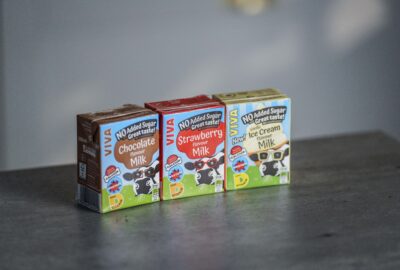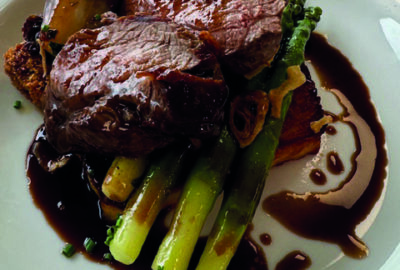By Martin Kersh, executive director of the Foodservice Packaging Association (foodservicepackaging.org.uk)
Paper cups are recyclable despite media and politicians claiming the opposite. The UK now has the capacity to recycle all its paper cups. The issue therefore is no longer about the ability to recycle but one of increasing the collection of paper cups.
Many of our high street coffee shops take back used cups irrespective of the retailer selling the drink. This is a hugely important development but for our recycling schemes to work the public’s participation is crucial. Citizen responsibility has become a much more widely used term and is needed if we are to take our place in the circular economy – keeping materials in circulation for as long as possible. The government’s Resource and Waste Strategy includes a waste management consistency consultation which aims to increase collection, separation and recycling. Unless we put the correct materials in the appropriate bins we are unlikely to achieve more recycling than we have currently. The public need to play their part and put used materials in the correct bins and society must eliminate all litter.
The very high quality board needed to create a paper cup is well worth recycling and is in demand. Indeed, interventions by some in the industry have helped to ensure it has a good value. High Street brands account for less than a third of coffee sales so if we are to make progress then all those selling hot drinks to go and not just the high street chains must participate in the many cup recycling schemes.
My Advice to chefs and caterers:
- Keep informed and do not assume everything you read in the press is accurate. Emotion seems to be ruling the science at the moment.
- Work with your waste management provider. What facilities do they have and what packaging works best for them to ensure it will be dealt with as intended?
- Question carefully. Claims made by salespeople claiming to have miracle packaging that solves the issue – is your waste management provider able to deal appropriately with them?
- Separate waste as much as you can. A cup has no chance of being recycled if it has a stirrer, sugar sachet, milk jigger, biscuit wrapper and more sometimes a banana skin stuffed inside it. Can you provide facilities for customers to drain off liquid and put lids in a separate bin so leaving only the cup?
- Tell your customers what to do with the packaging. So if you purchase compostables then tell them and let them know what they must do with them once used. That will also include asking your waste management provider if compostables can put in with food waste.
- Play your part in discouraging litter. Display signs and notices asking customers not to litter. There are many who feel compostables are acceptable as litter. They aren’t and nothing not even food should ever be littered.
- You have a huge part to play. You may feel you are only a small part of a huge market but if everyone else thinks the same way we will never make progress.
We are only a few years away from legislation that will require all those placing packaging on the market to pay towards the full cost of packaging waste management and littering. This includes you. This means you will be taking your place in the UK’s producer responsibility system. By being involved, the public has more chance of learning to do the right thing



